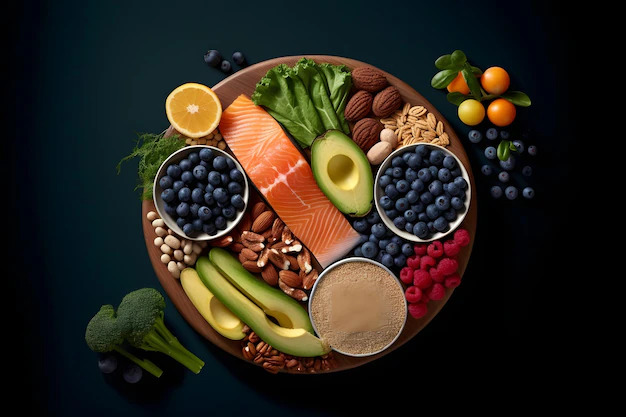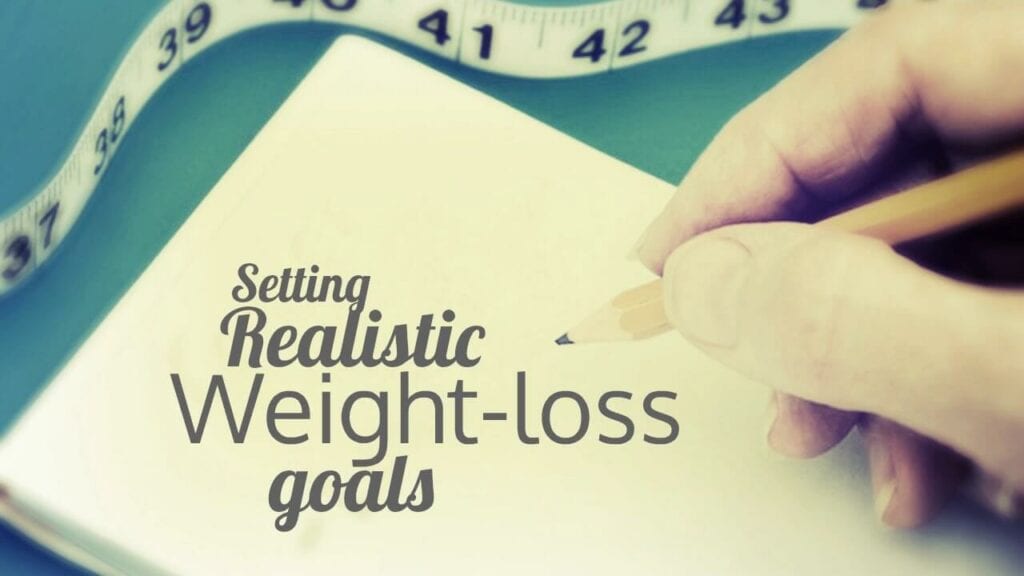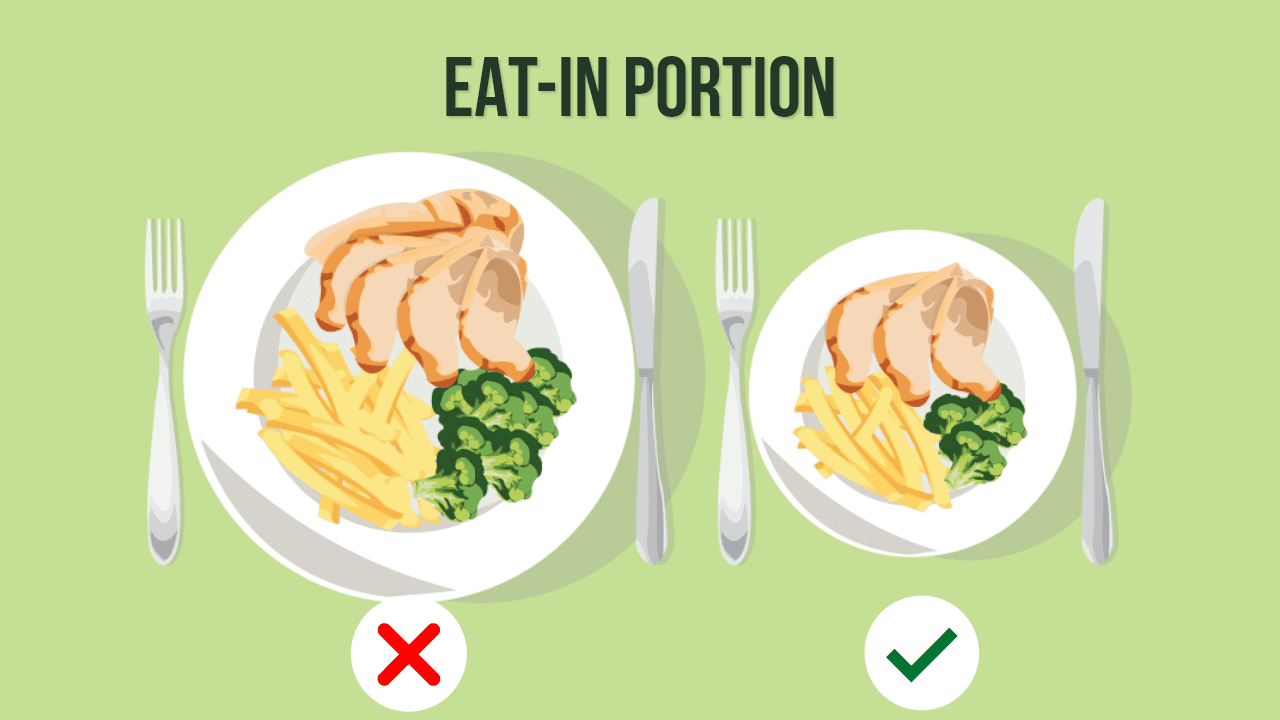In the quest for effective and sustainable weight loss, it’s crucial to rely on evidence-based strategies that stand the test of scientific scrutiny. Welcome to “The Ultimate Guide: Good Weight Loss Tips Backed by Science,” where we delve into proven methods to help you achieve your weight loss goals. Let’s explore the science behind successful weight loss and the actionable tips that can make a real difference.
Good Weight Loss Tips Backed by Science
- Prioritize Whole Foods

Scientific studies consistently emphasize the importance of a diet rich in whole, unprocessed foods. Focus on incorporating fruits, vegetables, lean proteins, and whole grains into your meals. These nutrient-dense foods not only support weight loss but also contribute to overall health.
- Mindful Eating

Research shows that practicing mindful eating can positively impact weight management. Paying attention to hunger and fullness cues, savoring each bite, and avoiding distractions during meals can help prevent overeating and promote a healthier relationship with food.
- Stay Hydrated

Hydration plays a crucial role in weight loss. Studies suggest that drinking water before meals can reduce calorie intake, and proper hydration supports metabolic functions. Make it a habit to consume an adequate amount of water throughout the day to support your weight loss journey.
- Regular Exercise

The scientific consensus is clear – regular physical activity is key to successful weight loss. Incorporate a mix of cardiovascular exercises, strength training, and flexibility exercises into your routine. Find activities you enjoy to make exercise a sustainable part of your lifestyle.
- Get Quality Sleep

Research links inadequate sleep with weight gain and obesity. Prioritize good sleep hygiene by maintaining a consistent sleep schedule and creating a conducive sleep environment. Quality sleep supports overall well-being and can positively influence weight loss efforts.
- Manage Stress Effectively

Stress can contribute to weight gain through hormonal changes that affect appetite. Scientific studies highlight the importance of stress management techniques such as meditation, deep breathing, or yoga in supporting weight loss goals.
- Set Realistic Goals

Science emphasizes the significance of setting realistic and achievable weight loss goals. Establishing small, attainable milestones provides a sense of accomplishment and helps maintain motivation throughout the journey.
- Include High-Fiber Foods

Scientific evidence supports the inclusion of high-fiber foods in your diet for weight loss. Fiber-rich foods, such as fruits, vegetables, and whole grains, not only contribute to a feeling of fullness but also regulate blood sugar levels, making it easier to control cravings and manage calorie intake.
- Optimize Portion Control

Research indicates that practicing portion control is a crucial aspect of weight management. By becoming more mindful of portion sizes, you can enjoy a variety of foods while still maintaining a caloric balance that supports weight loss.
- Incorporate Protein-Rich Foods

Protein is a key player in weight loss, as it helps increase feelings of fullness and supports the preservation of lean muscle mass. Include sources of lean protein, such as poultry, fish, tofu, and legumes, in your meals to enhance satiety and boost your metabolism.
- Keep a Food Journal

Scientific studies show that maintaining a food journal can be a powerful tool for weight loss. By recording your daily food intake, you gain insights into your eating habits, identify potential areas for improvement, and stay accountable to your weight loss goals.
Conclusion
“The Ultimate Guide: Good Weight Loss Tips Backed by Science” serves as your roadmap to evidence-based strategies for successful weight loss. By prioritizing whole foods, practicing mindful eating, staying hydrated, incorporating regular exercise, getting quality sleep, managing stress, and setting realistic goals, you can embark on a scientifically-supported journey toward a healthier, more fulfilling life. Remember, the key to lasting success lies in adopting sustainable habits supported by the latest scientific research.
Related posts:
Fueling Your Body: A Nutrient-Rich Diet Plan for Weight Gain
A Full-Body Workout Plan for Weight Loss
Breathe Easy: 5 Essential Respiratory Exercises for Healthy Lungs










Leave a Reply